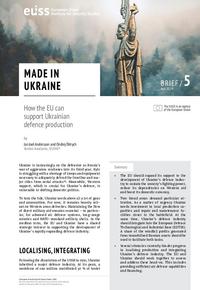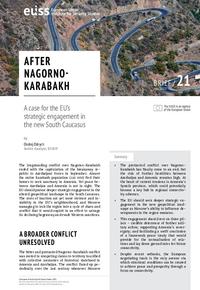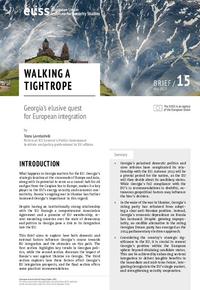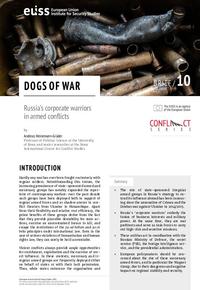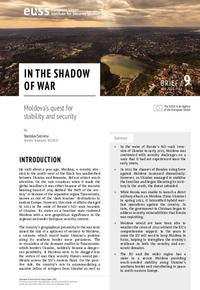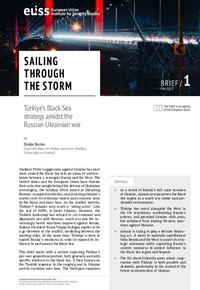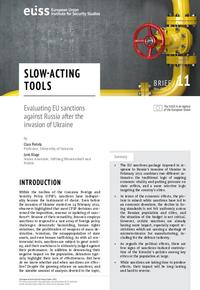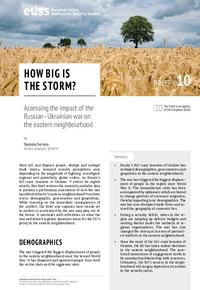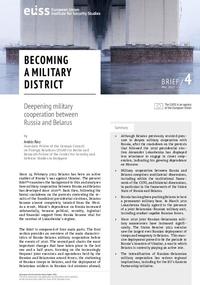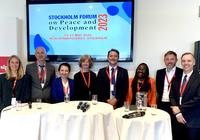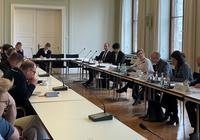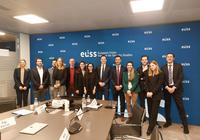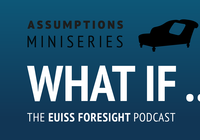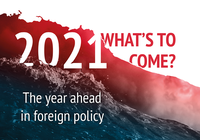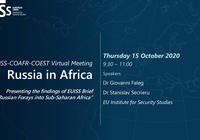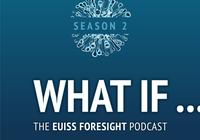The Eastern neighbourhood is of strategic importance to the EU: although the Union’s relations with the states of the region vary significantly, the EU and its Eastern neighbours maintain high levels of interdependence in several different spheres, from trade and energy flows to the joint management of security challenges and migration.
The EU has long developed its policies in the region and its relations with Ukraine, Moldova, Belarus, Georgia, Armenia, and Azerbaijan in the framework of the European Neighbourhood Policy and the Eastern Partnership.
Association Agreements containing provisions on the establishment of deep and comprehensive free trade areas, form the cornerstones of EU engagement. Such agreements have been signed and are implemented by Ukraine, Moldova, and Georgia.
Eastern neighbours & Russia 2.0
Russia’s full-scale invasion of Ukraine reshaped demographics, geoeconomics, and geopolitics in the Eastern Partnership states. It also prompted the EU to innovate its engagement with the countries of which it consists. Security has become a key emphasis in addition to trade, energy or migration The EU and Member States provide Ukraine with substantial support that includes military assistance and training, while security cooperation with Moldova has been upgraded and the EU has engaged in mediation between Armenia and Azerbaijan.
In a dramatic change to the existing paradigm, the enlargement agenda has been expanded to the Eastern neighbourhood. Russia’s war on Ukraine encouraged the ‘Association Trio’ of Ukraine, Moldova and Georgia to formally apply for EU membership. The three states were granted the European perspective in return - Ukraine and Moldova received candidate status in June 2022, while Georgia was recognised as a potential candidate. Relations with Armenia and Azerbaijan also see developments outside of the enlargement track.
Over the coming years, the newfound momentum of the EU’s engagement with Eastern neighbours needs to be sustained by political will and sufficient resources. The EU’s success in the neighbourhood will depend to a great extent on its actions in the security realm – not only in Ukraine, but also in Georgia, Moldova, Armenia, and Azerbaijan, given that Russia’s war and other trends in the regional security altered the status quo of protracted conflicts in these countries, creating also new needs for humanitarian assistance. Progress in the enlargement process will also be a major driver of positive change in the region, together with the easing of remaining trade barriers, encouraging good governance and regional connectivity conducive to peace and prosperity in the region.
Until 2022, the EU and Russia were bound by a dense web of political, economic and people-to-people contacts. Moscow’s full-scale invasion of Ukraine has fundamentally reconfigured the EU’s relationship with Moscow. The EU's response to Russia's war on Ukraine now dominates the mutual relationship, with Russia subject to multiple rounds of restrictive measures and the economic and energy relations having undergone a significant decoupling.






